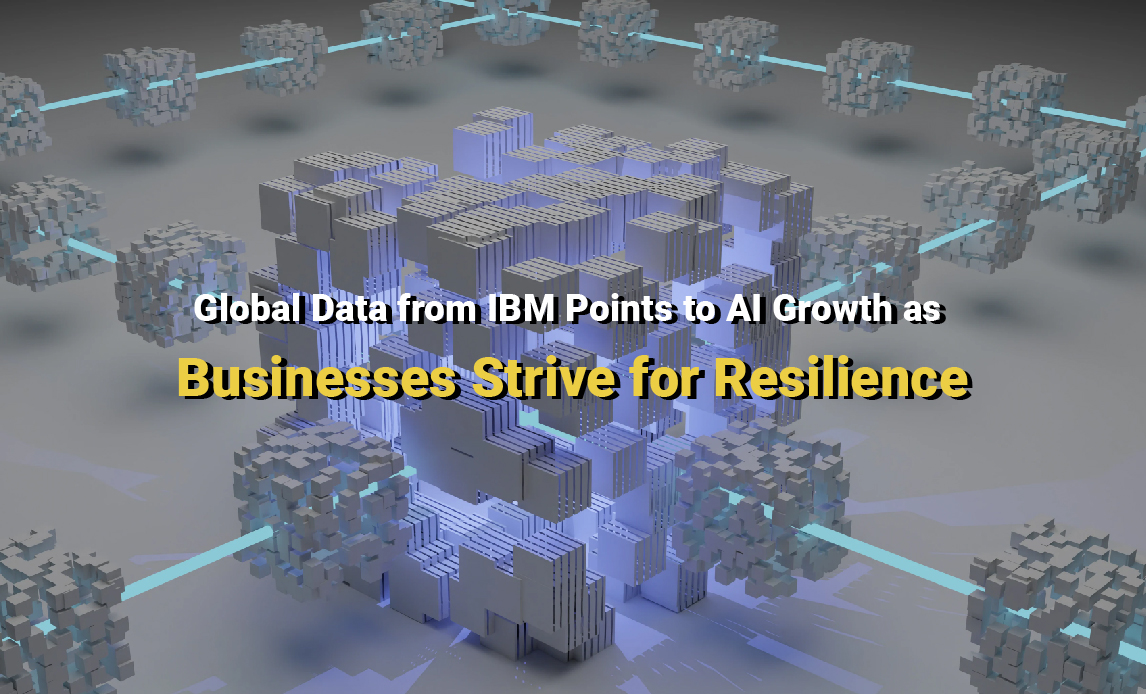The machines now run the show. Marketers today depend on automation and AI.
Automation and artificial intelligence (AI) adoption continues to grow, accelerating workflows, reducing manual efforts, driving decision-making, and making the impossible, possible — targeted, personalized and elevated digital experiences at scale.
IBM found 80% of companies use automation software or plan to use this technology in the next 12 months. Fifty percent of McKinsey respondents report their companies have adopted AI in at least one business function. Both capabilities are more sophisticated and accessible than ever before. Automation platforms that previously were only available to the largest marketers have become democratized and user-friendly. Most come replete with baked-in AI tools or the option to easily add AI through third-party integrations.
The machines now run the show. Marketers today depend on automation and AI to guide profitable customer journeys, meet rigorous performance goals, compete and get-to-market.
Martech Expand from Execution to Optimization
Traditionally, martech aided the execution of digital campaigns. Today, automation and AI — when harnessed and maximized by human experts — are at the center of creation, execution, evaluation and optimization.
Through sophisticated and user-friendly analytics, predictive modeling, AI-recommendations and experimentation, martech is now directly influencing digital strategy and creating powerful opportunities. The machines are telling marketers what to do to improve performance.
Experimentation (such as changing a webpage layout, improving the information hierarchy, adding content recommendations, reducing webform complexity, testing visual cues) expedites decision-making through proven optimization. It replaces long-scale, potentially bureaucratic decisions (that may fail to return desired outcomes), with agile and iterative improvements.
Digital experience platforms are built around this concept and come replete with web experimentation tools, optimization-as-a-service capabilities, and customer data platforms.
Run an experiment, make a change, measure efficiency and improve digital strategy on an ongoing basis. Replace guessing and gut feelings with engagement and performance data. When optimizations fail, they fail quickly, and the strategy pivots. This is the future.
Where Do Humans Fit in the World of AI-Driven Digital Experience?
Until the robot uprising, the experts running digital experiences are as critical to their success as the technology.
A digital strategist is the conductor: setting campaign objectives, ideating experiments, creating content, determining measurement plans, aligning goals and making decisions based on outcomes to fine-tune the strategy and performance.
Marketers and executive leaders need to understand the data inputs feeding the machines, algorithms and experiments, and how they’re used. Never blame the machines for disappointing results or rigor. Instead, return to the data and always be learning, pivoting and optimizing for better outcomes. Every test and every campaign produces information to better inform the next one.
Machines may increasingly run the show, but people run the machines. Investing in your team members, vendors and agency partners ensures you’re leveraging every untapped opportunity and fully maximizing your tech investment.
Feeding the Machines
Properly feeding the machines accelerates success and future-proofs your business. Focus your efforts in these three critical areas:
Better Data
Marketers know complete and actionable data powers digital strategy. It triggers messages, builds predictions or experiments, offers recommendations and informs decision-making.
It’s hardly easy. Data privacy rigor continues to test marketers, users are increasingly sensitive to disclosing data, and tech giants like Google modify their data policies on a whim (like removing third-party cookies). In fact, Forrester found in 2020, 32% of global marketing decision-makers said that managing data quality was one of their organization’s biggest challenges with marketing programs.
Marketers must continue to lean harder on first-party data sources and get explicit user consent. The more reliable the data, the better campaign performance and repeatability.
Clean and quality data drives better marketing for both the machines and the digital experts running them.
The following Michael Mathias from 2023 provides their research perspective. HERE



